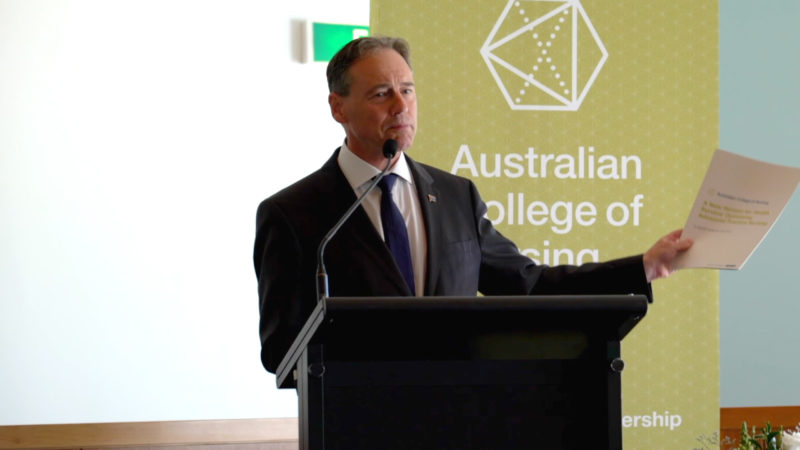During COVID-19 vaccine rollouts social media has been a breeding ground for anti-vaccine sentiments, which have led to vaccine hesitancy. This can increase vaccine-preventable diseases and create public health crises.
Health-related misinformation in social media has been shown to lead to poor health outcomes, including delayed treatment, unnecessary treatment, and wrong treatment. False information can spread rapidly: Social media platforms allow information to be shared quickly and widely, which means that false information can spread rapidly. This can result in a large number of people being exposed to incorrect information and acting on it, which can have serious consequences.
More significant changes in recent years have been health-related misinformation eroding trust in healthcare professionals, leading to people seeking alternative treatments or avoiding medical advice altogether. This can make it more difficult for healthcare professionals to provide effective treatment and care.
With this in mind, recent vaccines delivered as part of the COVID-19 response, are having a consequential impact on the uptake of routine vaccines.
Australian Health Journal spoke with Dr Paul Griffin, an Infectious Diseases Physician and Microbiologist at Mater Health, and who has been involved in over 150 clinical trials in the field of infectious disease.
Now the Director of Infectious Diseases at Mater Health, Paul talks about coming into the field of infectious disease clinical trials, starting in malaria to now focusing on influenza, RSV and COVID-19 vaccines.
Paul reflects on the opportunity to learn and be involved in clinical trials from an early career stage and a turning point being in a senior role for a Phase 1 clinical study.
On the topic of misinformation in public health perception and literacy, Paul sees the issue continuing to circulate on the purpose of vaccines in general. This has also created hesitancy in ‘routine’ vaccine uptake.
Paul talks about the importance of having reputable sources of information that can used to encourage people to understand what is involved in clinical trials and the roles of vaccines.
Whilst the past 5 years may have improved public health literacy, it’s been outweighed by significant misinformation that does require an active campaign to encourage people to seek out information from reputable sources.
In closing, Paul talks about his advice for anyone looking to enter the field of clinical trials and vaccines: Early on, take the opportunities that arise, to be involved, help increase experience and new learning.
You Might also like
-
“Nurses can do more, should do more and now they will do more”, The Hon Minister Greg Hunt MP, Minister for Health.
Advanced Practice Nurses comprise 9% of the total nursing workforce, with 26,000 clinicians Australia wide. However although highly skilled, they are under-utilised and constrained to the full scope of practice. The Australian College of Nursing believes this needs to change. Nurse led models of care in which Advanced Practice Nurses play a significant role in service provision, must feature in the future. ACN President Professor Christine Duffield FACN states, “It’s now widely acknowledged internationally that nurses can provide a clinical and very valuable service that’s better suited to the healthcare needs of some consumer groups.”
-
World first in rural and remote nursing
In March 2023, the Australian Government released the National Rural and Remote Nursing Generalist Framework 2023–2027. The Framework is a world first and describes the unique context of practice and core capabilities for rural and remote Registered Nurses in Australia.
The Framework was developed by the Office of the National Rural Health Commissioner and Australian Health Journal spoke with National Rural Health Commissioner, Adjunct Professor Ruth Stewart, and Deputy National Rural Health Commissioner – Nursing and Midwifery, Adjunct Professor Shelley Nowlan, on the importance of rural and remote nursing and of the Framework itself.
-
Sense of service and pride in uniform
This ANZAC Day 2023, Australian Health Journal releases an interview with Group Captain Kath Stein MACN, Director of Defence Force Nursing with the Royal Australian Air Force.
She talks about many masks, aside from PPE, that leadership and all nurses need to wear. Currently there is work underway on a new capability description on what a nurse brings to every level in the nursing defence structure. The advice Group Captain Stein, imparts for new recruits and those interested in joining Defence Force Nursing is to take every opportunity that arises. This is evident in her progression through her career.



